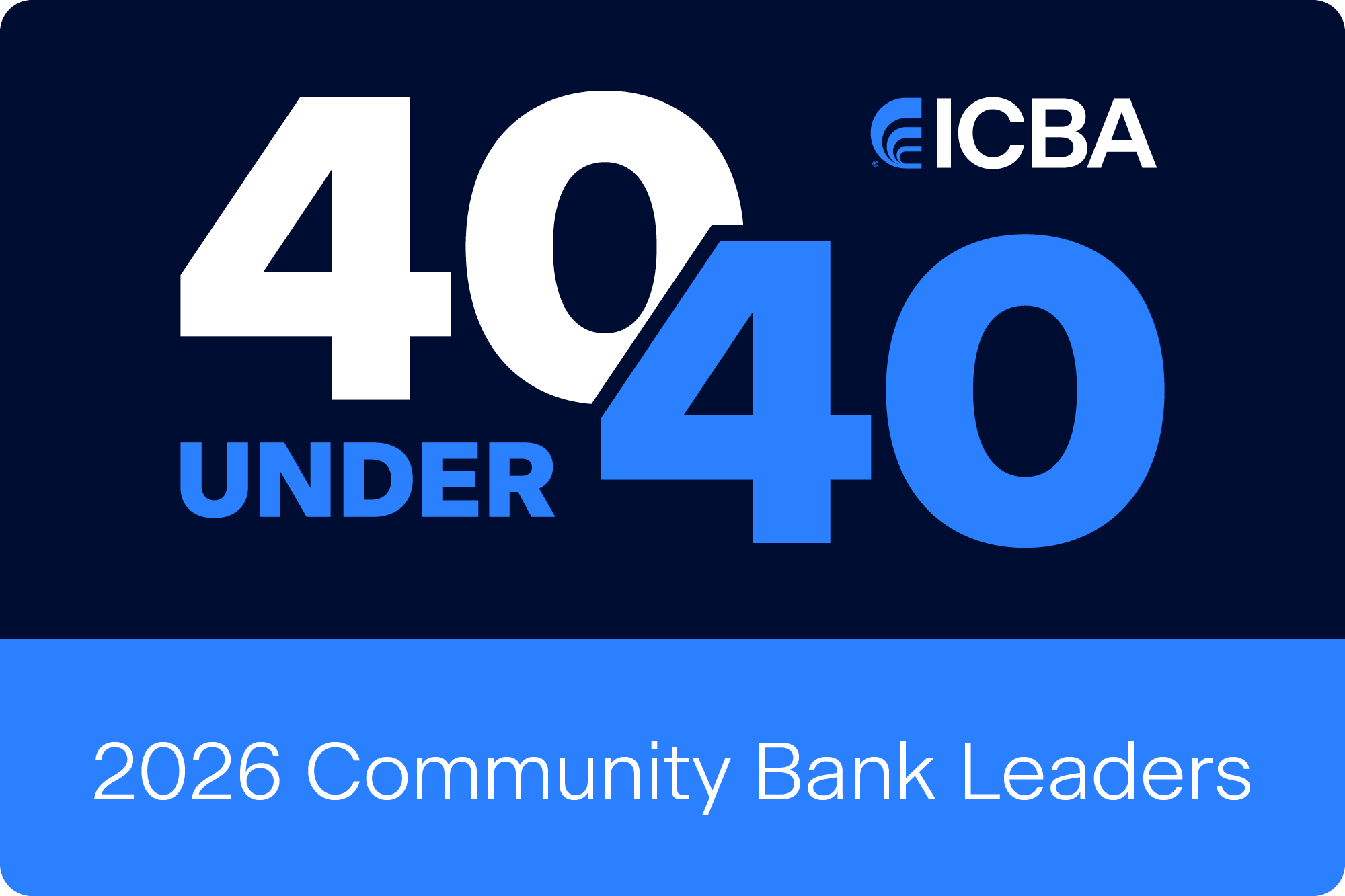How can you effectively set attainable goals?
Lindsay LaNore: The 5 Ws of Goal Setting
September 16, 2024 / By ICBA
How can you effectively set attainable goals?
As we look at budgets for the coming year, it’s a great time to think about how we set goals. Untangling needs from wants and prioritizing them can be complex and time-consuming. So, before you do anything else, think about your goals from the perspective of the five Ws.
1. What do you want to achieve?
This is the obvious starting point, but getting a consensus isn’t necessarily easy. Gather your team and ask everyone to put sticky notes onto a whiteboard. Make a spreadsheet or use a digital tool—whatever works best for you. Move the goals around until you have a coherent list, ranked by priority. Which are the most important to your overall vision and of the highest value to the bank?
2. Why these goals in particular?
Pinning down what your motivations are will help drive your actions. Set your goals and priorities based on what your community bank needs and what you, your team and your customers want for it. Don’t bow to external pressures, trends or expectations.
3. Who is in charge of the tasks?
Delegate to those best suited to achieve each goal and give those team members the authority (and tools) to see the tasks through to completion.
4. When do you want your goals achieved?
Creating a timeframe is essential for staying on task. Make yourself accountable by setting deadlines.
5. Where do you see yourselves a year from now?
Think big picture, but be realistic about what you can achieve. We all aim for the stars, but setting unrealistic goals may lead to frustration and burnout, which can be disastrous for team morale. Set a few “reach” goals if you want to, but make it clear that that’s what they are. You’ll complete those tasks if you have the time and resources.
Use your answers to these questions to help define your goals, then set specific objectives. If they are complex, break them down into digestible steps, with a plan on how to implement each step.
Set quantifiable goals, and decide how you measure progress. What are your milestones, and how do you know when you’ve achieved them? If you have a way of quantifying your achievements, they are more likely to happen. Plus, this will help you track your progress. Regularly assess your progress, and adjust as needed.
Think about resistance. If you or your team have resistance to achieving your goals, why do you think that is? Talk about it candidly and problem-solve together.
And remember to build in some time to celebrate your achievements. Large or small, reaching a goal is always worth marking, even if it’s just a congratulatory email. Keep track of the small successes along the way and get together periodically to remind yourselves what a great team you are!
Subscribe now
Sign up for the Independent Banker newsletter to receive twice-monthly emails about new issues and must-read content you might have missed.
Sponsored Content
Featured Webinars
Join ICBA Community
Interested in discussing this and other topics? Network with and learn from your peers with the app designed for community bankers.
Subscribe Today
Sign up for Independent Banker eNews to receive twice-monthly emails that alert you when a new issue drops and highlight must-read content you might have missed.
News Watch Today

Join the Conversation with ICBA Community
ICBA Community is an online platform led by community bankers to foster connections, collaborations, and discussions on industry news, best practices, and regulations, while promoting networking, mentorship, and member feedback to guide future initiatives.













